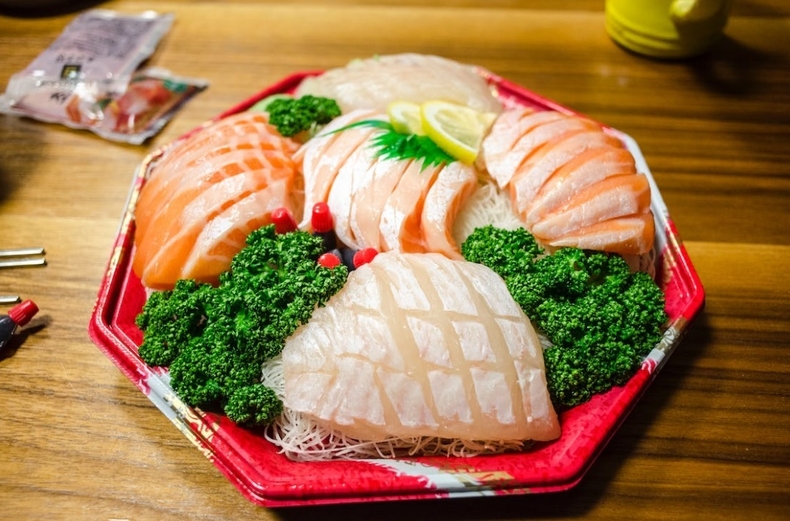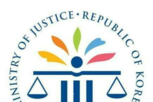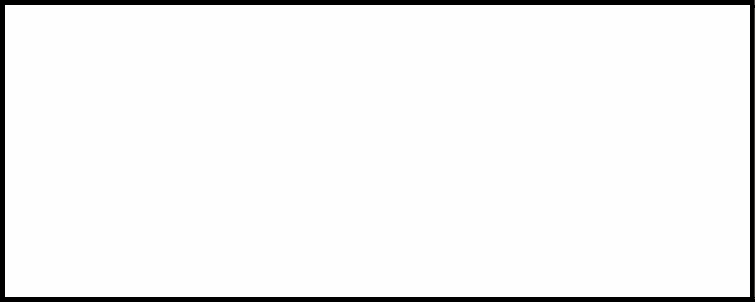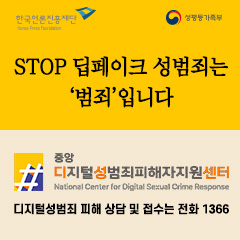
The Ministry of Food and Drug Safety (MFDS) stated on the 23rd that "regardless of the current situation, plans to continue the import restrictions on Japanese food are in place." The MFDS has prohibited imports of seafood from 8 prefectures, including Fukushima, and 27 agricultural products from 15 prefectures since September 2013, following the release of hundreds of tons of contaminated water daily after the Fukushima nuclear accident in 2011.
According to the MFDS, the World Trade Organization (WTO) ruled in favor of South Korea in the WTO dispute with Japan in April 2019, confirming the international legal justification for South Korea's import ban. For Japanese food imported from regions outside this area, radiation checks are conducted with every import. Even trace amounts (0.5 Bq/kg or more) trigger a demand for a certificate verifying the results of additional tests for 17 more radionuclides, including tritium, effectively preventing their entry into the country.
Moreover, the MFDS has established stricter standards than international norms, setting the cesium limit at 100 Bq/kg or less (over 10 times stricter than the international standard such as 1,200 Bq/kg of USA, 1250 Bq/kg of EU, or 1,000 Bq/kg of Codex) and strengthening the radiation inspection time to 10,000 seconds to enhance the precision of test results.
The MFDS explained that the import restrictions are a separate matter from the Japanese government's recent release of contaminated water under its disposal plan, stating, "The health and safety of our citizens remain our top priority, and we will continue to take all necessary measures for the radiation safety management of Japanese food products, adhering to this principle."
(Note: Bq/kg stands for Becquerels per kilogram, a unit of measurement for radiation.)
(한국어 번역)
한국다문화뉴스 = 심민정 기자ㅣ식품의약품안전처는 23일 "이와 관계없이 현재 일본산 식품 수입규제 조치는 지속해 나갈 계획"이라고 밝혔다. 식약처는 지난 2011년 후쿠시마 원전 사고로 인해 매일 수백t(톤)의 오염수가 유출됨에 따라 2013년 9월부터 후쿠시마를 포함한 8개 현의 수산물과 15개 현의 27개 농산물에 대한 수입을 금지하고 있다.
식약처에 따르면, 한국의 수입금지 조치와 관련한 세계무역기구(WTO) 한일 분쟁에서도 2019년 4월 최종 승소해 국제법적인 정당성도 이미 확보됐다. 이 지역 밖에서 수입되는 일본산 식품에 대해서도 수입할 때마다 방사능 검사를 실시하고 있으며, 미량(0.5㏃/㎏ 이상)이라도 검출되면 수입자에게 삼중수소를 포함한 17개 추가 핵종 검사 증명서를 요구하고 있어 사실상 국내에 반입되지 않는다고 식약처는 설명했다.
또 미국(1천200㏃/㎏), 유럽연합(1천250 ㏃/㎏), 국제식품규격위원회(1천㏃/㎏) 등 국제 기준보다 10배 이상 강화된 1㎏당 100㏃ 이하의 세슘 기준을 설정했으며 방사능 검사 시간을 1만 초로 강화해 검사 결과의 정밀성을 높이는 등 꼼꼼히 관리하고 있다고 덧붙였다.
식약처는 "수입 규제 조치는 일본 정부가 오염수 처리계획 아래 시행하는 이번 방류와 별개의 사안"이라며 "앞으로도 국민 건강과 안전을 최우선 원칙으로 일본산 식품 방사능 안전관리에 필요한 모든 조치를 다 할 계획"이라고 전했다.





















